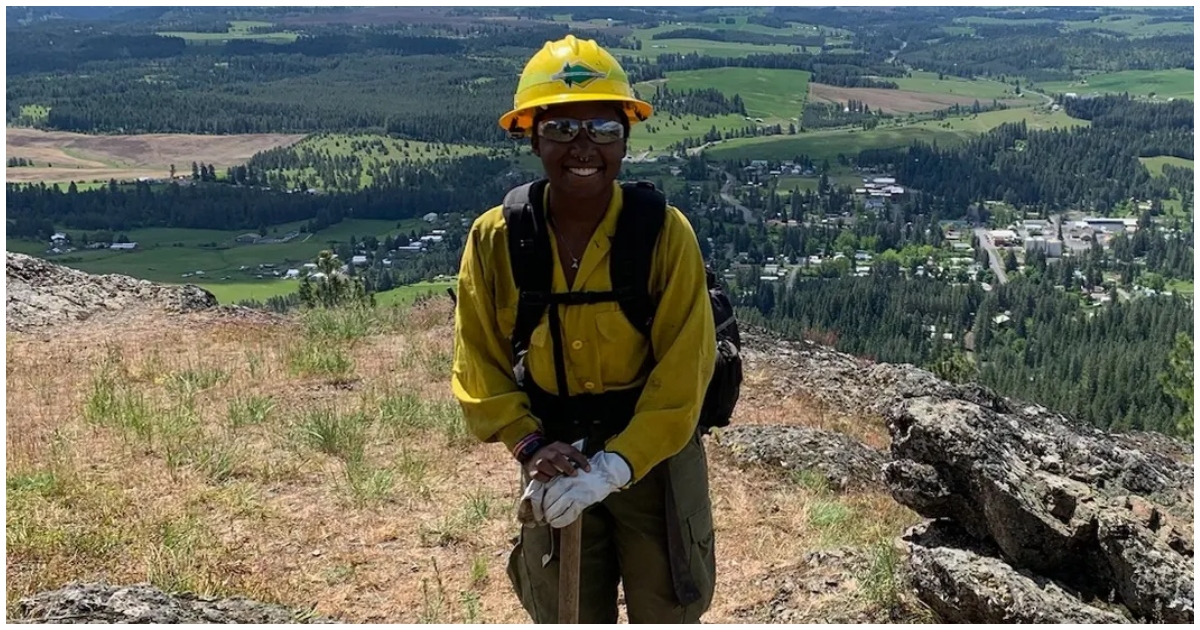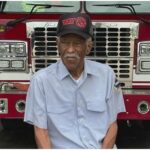Paris Harris, a 19-year-old sophomore at the University of Idaho, is on a mission. Her goal? To become the first Black female smokejumper in America. This ambitious journey has taken her from the suburbs of Chicago to the rugged landscapes of Idaho.
From Chicago to Idaho: A Firefighter’s Dream Takes Flight
Harris’s passion for firefighting began early. Growing up near a fire station in Calumet Park, Illinois, she attended fire academy classes from age 12. Now, she’s pursuing her dream in Idaho’s wildfire country.
“Being in the city your whole life, you just feel trapped,” Harris said. “But when you go out here you see things you’ve never seen before like all these different types of trees and mountains … it’s very beautiful.”
Breaking Barriers in Wildland Firefighting
Smokejumping is an elite profession. Only 320 smokejumpers work across nine jump bases in the country. Women make up just 12 percent of wildland firefighters across various agencies.
Harris is undaunted by the challenge. She spent her first college summer fighting wildfires on an engine crew with the Idaho Department of Lands. Her experience included responding to 15 fires and digging fireline.
Overcoming Challenges: Physical and Mental Preparation
The path to becoming a smokejumper is grueling. It requires intense physical training and mental toughness. Candidates must pass rigorous tests, including pullups, sit-ups, and a challenging pack test.
Ted McClanahan, a retired smokejumper with 24 years of experience, explains:
“You’re building your stress tolerance because a lot of the things we’re doing are as simple as tying your shoes. But if you don’t do it correctly, things don’t work out.”
Diversity in Firefighting: A Crucial Need
Harris’s journey highlights the need for diversity in wildland firefighting. As climate change intensifies fire seasons, experts stress the importance of diverse perspectives in tackling new challenges.
Melody Mobley, the first Black female forester for the U.S. Forest Service, emphasizes this point:
“We need everybody not only to just have a seat at the table but to be given a voice to speak and be heard.”
Support System: Key to Success
Harris has found crucial support at the University of Idaho. Professor Randy Brooks has become a mentor, helping her navigate her unique path. He believes in her potential:
“Regardless of your sex, your race, everybody deserves a chance. So if you can do the job, then you can do the job.”
Harris’s determination shines through. “I felt a kind of change in myself,” she reflects. “I have more discipline now since I’m on my own and I’m advocating for myself.”





